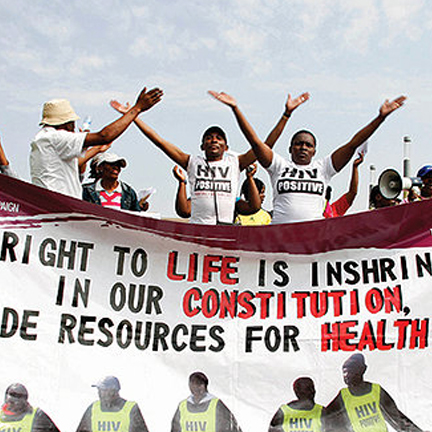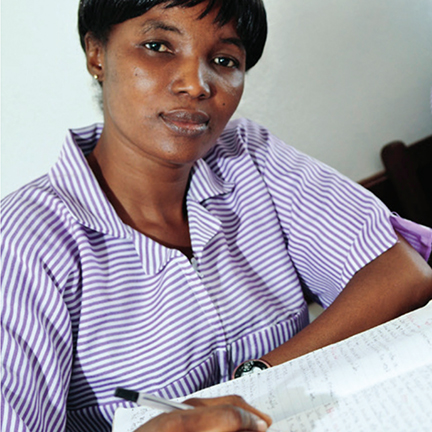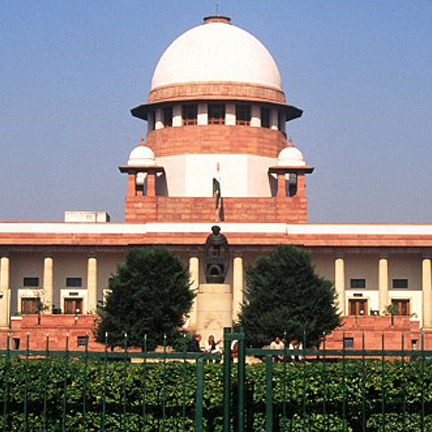Improve Data and Accountability for Girls and Women
Girls and women count and must be counted. Reliable, timely data collection and management is a critical tool to help citizens hold governments accountable.
Achieving progress for girls and women is dependent upon accurate, disaggregated data to fuel advocacy, guide interventions and hold governments accountable. Armed with this information, national authorities and development actors can make informed decisions about policies and programs and monitor their implementation.
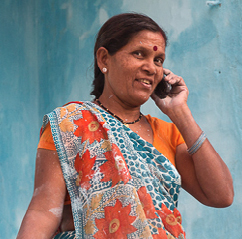
Need Evidence
and Strategies?
-

Despite government commitments to improve the health and wellbeing of girls and women, there has been too little action
-

Over 100 low- and middle-income countries are lacking adequate civil registration and vital statistics systems
-
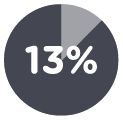
Only 13% of countries have a gender statistics budget
-

Open data could unlock an estimated $3 trillion in annual economic potential in seven areas of the global economy
-
Example: Using open data in education could create $1 trillion in economic value every year
Investing in girls and women creates a ripple effect that yields multiple benefits, not only for individual women, but also for families, communities, and countries. Data are crucial in supporting civil society advocacy strategies, pushing for political and social change, and solving complex health problems. When women move closer to gender equality, they move closer to realizing their full potential.
Solutions in Action
-
Budget Advocacy in South Africa to Ensure Funding for HIV and AIDS Treatment
During the late 1990s, the South African government did not support the introduction of drug-based prevention and HIV/AIDS treatment regimens due to their high costs. The Treatment Action Campaign (TAC), an advocacy group run by people living with HIV and AIDS, used different strategies to convince the government to change its position. Utilizing a combination of budget advocacy, litigation, and mobilization — sometimes simultaneously — TAC was able to convince the government to introduce a national program to prevent mother to child HIV transmission (PMTCT) through access to a short course of AZT (an antiretroviral drug). TAC subsequently worked with scientists and researchers to develop plans and policy proposals for a national anti-retroviral (ARV) program. In 2003, a national ARV program was approved by the cabinet, and in 2007 the government committed to spending US$6 billion on HIV and AIDS prevention and treatment between 2007 and 2012. This plan allowed for 1.6 million people to receive ARV treatment by 2011. -
Malawi’s Community Scorecard
In Malawi’s Ntcheu district, the international non-governmental organization (NGO) CARE implemented community scorecards to improve the quality of maternal health services. Once health providers and clients identified the main challenges and gaps in health services, this information was presented in a simplified scorecard format. Community members and health facility staff discuss the contents of the scorecard and develop an action plan to identify solutions. Community members then monitor whether the solutions are being implemented. After a specific period of time, a follow-up review assesses progress. This collaborative approach in Malawi has opened up opportunities for dialogue between health service providers and patients, supported collective responsibility to address barriers to care, and promoted a “culture of accountability” among health service providers. -
-
Using the Court System to Address Maternal Mortality in India
In India, civil society advocates successfully used the judicial system to argue that the government was not meeting its human rights obligations. In 2010, advocates cited constitutional and human rights law to show that the government had not fulfilled its responsibility to prevent the pregnancy-related deaths of two women. The Delhi High Court found the government to be negligent in protecting women’s basic, fundamental, and human right to life, as stipulated in the Indian Constitution. The government was required to provide monetary compensation to the families, to identify the failures in the current system that led to these deaths, and to develop strategies for monitoring and improving health services.
Policy Asks
-
Ensure that all policies, plans, data, budgets, and audits related to the implementation of the Sustainable Development Goals (SDGs) and other strategies are publicly available, transparent, and accessible to non- technical audiences.
-
Ensure all data are disaggregated by gender, age, income, and geography in order to strengthen policy making, programming, and accountability for all and to leave no one behind.
-
Align data collection approaches, national censuses, and internationally supported surveys with best practices, including the Agenda for Humanity, to track the status of all of the Sustainable Development Goals and indicators.
-
Facilitate partnerships between governments, multilateral organizations, civil society, and other stakeholders to share experiences around demands for data collection and to support data collection, data management, and accountability efforts.
-
Develop data collection frameworks that can account for the increased vulnerabilities of women in emergency contexts.
-
Monitor progress of policy commitments and budget allocations at national and sub- national levels and advocate for adjustments to these policies and budgets as needed.
-
Support global and national advocacy and accountability through a thriving civil society, including the women’s movement.

